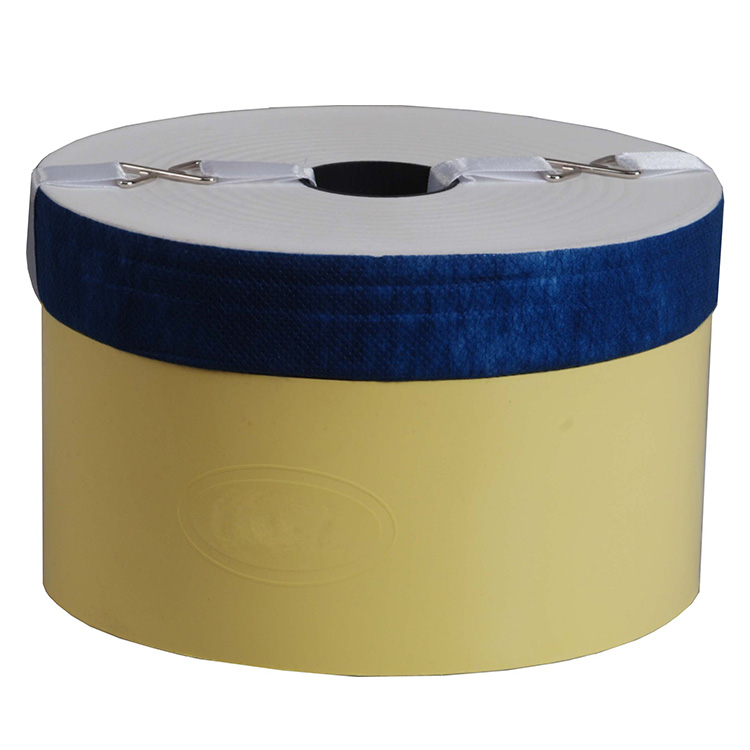Understanding the Role of Water Glycol Oil Filter Elements in Contaminant Removal
2024-08-12
In industries where hydraulic systems, lubrication systems, and heat transfer processes are critical, maintaining the purity of fluids like oil is essential for optimal performance and longevity of equipment. One crucial component in this maintenance process is the water glycol oil filter element. But what exactly does this filter remove from oil, and why is it so important? This blog will delve into the various types of contaminants that a water glycol oil filter element can effectively remove, ensuring the smooth operation of industrial systems.
1. Particulate Matter and Solid Debris
One of the primary functions of a water glycol oil filter element is to remove particulate matter and solid debris from the oil. These contaminants can originate from various sources, including wear and tear of equipment, environmental dust, and residual particles from manufacturing processes. Common solid contaminants include:
- Metal Particles: Generated from the wear of metal components within machinery, these particles can cause abrasion and damage to sensitive parts if not removed.
- Dust and Dirt: Environmental contaminants like dust can enter the oil system through seals, vents, and during maintenance. If left unchecked, these particles can clog passages and reduce the efficiency of the system.
- Fibers and Lint: These may come from seals, gaskets, or even clothing and cleaning materials. Although small, they can contribute to filter clogging and reduce the effectiveness of the oil.
2. Water and Moisture
Water contamination in oil is a common issue, particularly in systems exposed to high humidity, condensation, or leaks. Water can significantly reduce the lubrication properties of oil, leading to increased wear, corrosion, and the formation of sludge. A water glycol oil filter element is designed to remove free, emulsified, and dissolved water from the oil, ensuring that it maintains its integrity and performance.
- Free Water: Large droplets that can be removed by coalescing filters.
- Emulsified Water: Water that has mixed with oil to form a stable emulsion, often requiring more advanced filtration techniques.
- Dissolved Water: Water that is chemically dissolved in the oil, which can be removed using specialized desiccant filters or vacuum dehydration processes.
3. Oxidation Products
As oil oxidizes over time due to exposure to air, heat, and contaminants, it forms various degradation products. These include varnish, sludge, and acidic compounds that can negatively impact the performance of the oil and the equipment it lubricates. Water glycol oil filter elements can effectively remove these oxidation products, preventing them from accumulating and causing harm to the system.
- Varnish: A sticky, resinous substance that can form on metal surfaces, leading to valve sticking and reduced heat transfer efficiency.
- Sludge: A thick, gelatinous byproduct of oxidation that can clog filters and narrow passages within the system.
- Acidic Compounds: These can corrode metal surfaces, reducing the lifespan of equipment and increasing the risk of leaks and failures.
4. Microbial Contaminants
In environments where oil is exposed to water and organic materials, microbial contamination can occur. Bacteria, fungi, and algae can thrive in such conditions, leading to the formation of biofilms and organic acids. These contaminants can clog filters, corrode metal surfaces, and degrade the oil. Water glycol oil filter elements, often combined with biocides, can effectively remove or neutralize microbial contaminants, ensuring that the oil remains clean and safe for use.
- Biofilms: Slimy layers of microorganisms that adhere to surfaces, reducing the efficiency of heat exchangers and clogging filters.
- Organic Acids: Byproducts of microbial metabolism that can corrode metal and degrade oil quality.
Conclusion
The water glycol oil filter element plays a critical role in maintaining the cleanliness and performance of oil used in industrial systems. By removing particulate matter, water, oxidation products, and microbial contaminants, these filters ensure that the oil remains free of harmful substances that could impair the operation of machinery. Regular monitoring and replacement of filter elements are essential to keep systems running smoothly and efficiently, prolonging the life of both the oil and the equipment it protects.



